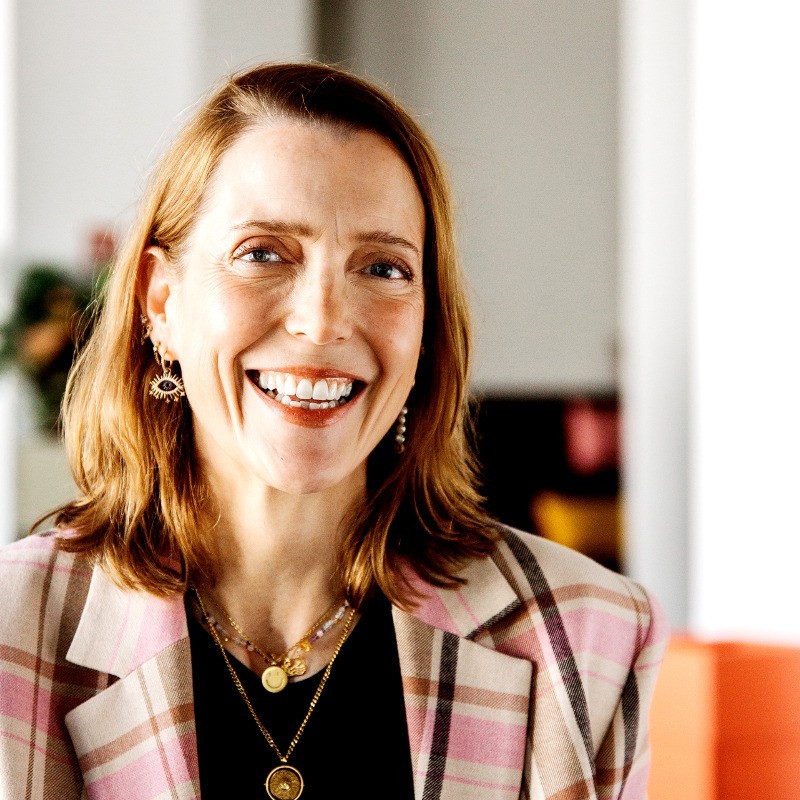Single parents have different responsibilities to manage at different stages of their life. One thing they all have in common is that their responsibilities are significant. VAMV NRW (Verband alleinerziehender Mütter und Väter e.V.), a voice for single parents, is a specialist association for family policy that provides an interface between society, politics, public administration, and 500,000 single-parent families in the German state of North Rhine-Westphalia.
Its objective is to drive the civil, legal, and social equality of single-parent families with all other types of families. It achieves this through its proximity to single parents, involvement in political processes, and continuous demonstration of “how things can be done differently” in innovative pilot projects.
"Single parents have an enormous need for advice, and little time for it. They need a navigator that can guide them quickly and unerringly to the information that is important and relevant to them. The denkwerk team put itself in the audience’s shoes phenomenally and together led us to a solution offering real added value. Thank you for this!"
Nicola Stroop, VAMV - Executive Board
One of these pilot projects is the “digital navigator”, which receives funding from the Ministry of Children, Families, Refugees, and Integration in the state of North Rhine-Westphalia. denkwerk used the opportunity to paint an unfiltered picture together with VAMV NRW through expert interviews and an intense yet successful café session for parents. What really moves single parents? What are their concerns and difficulties? What situations prompt these? Where and how can transparent, easily understood information offer support and give affected people the ability to act again?
The answers to these questions and the insight gained were used in a design sprint as a foundation for the joint development of an innovative, user-centric solution. The brainstorming and conceptual design produced a prototype of a digital navigator for four different subjects and themes. As a chatbot, it offers single parents access to offerings and information customized to their situation through a simple dialog.
A final acceptance test with single parents over two days had a convincing result. Each respondent confirmed that the application offered genuine added value for everyday life.
"Awesome, like having a conversation. It’s simple, easy to understand, and fast. Just what we need!"
Test person at BüZe family café Ehrenfeld in Cologne
The café session for parents: We discussed the needs and obstacles of single parents when it comes to sourcing information during a three-hour workshop with sixteen single parents.
In one initial session, the hypotheses from the expert interviews were presented as a museum walk, which meant the parents could agree or disagree with these statements together with their children. Experiences from different stages of life – from separation to finding direction and everyday life as a single parent – were then discussed in four groups. The goal was to find and understand the requirements of and desires for the digital navigator in a way suitable for parents’ situations.
Share this Spark
